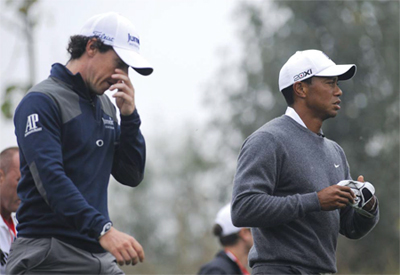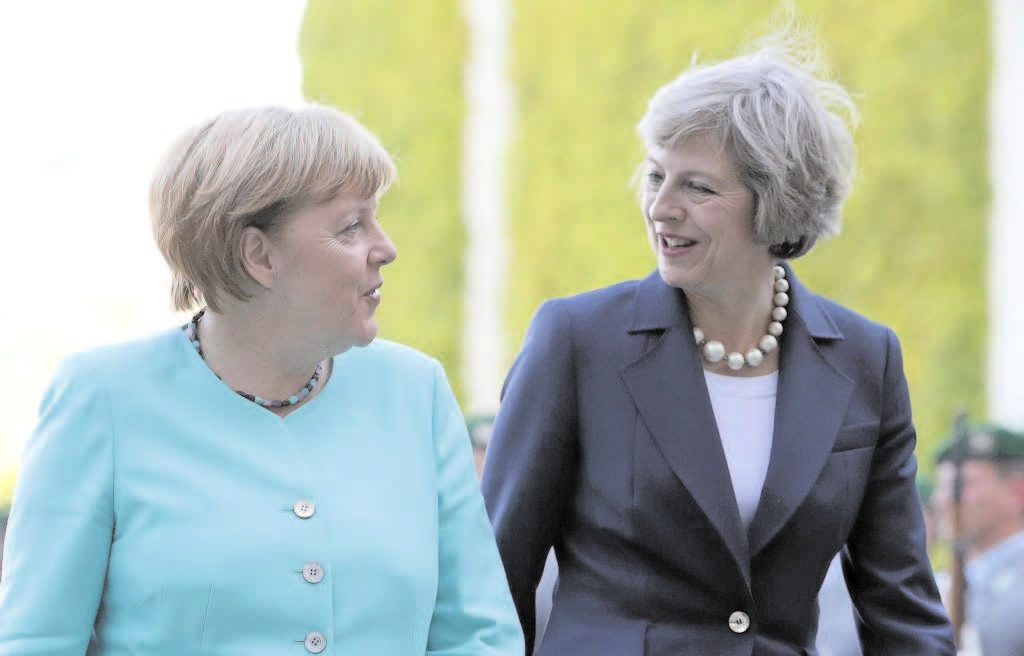
ANKARA (TIP): Turkey‘s Prime Minister will tell world leaders next week Ankara can play a key role in stopping a spread of terrorism, including Islamic State, but expected understanding for its own battle against Kurdish militants.
Washington, while considering the Kurdistan Workers Party (PKK) a terrorist group, sees the affiliated YPG Kurdish militia in Syria as its chief ally in fighting Islamic state there. The link unsettles Turkey and is likely to be raised in more explicit terms by Prime Minister Ahmet Davutoglu when the United Nations General Assembly convenes in New York next week.
NATO member Turkey has opened its air bases to a U.S.-led coalition against Islamic State fighters, but the focus of its own air strikes has been Kurdistan Workers Party (PKK) militants. Fighting has escalated since a truce between the PKK, seeking broader Kurdish rights, and the army broke down in July.
The fighting, in the runup to November elections, has raised suspicions among opponents of President Tayyip Erdogan that the priority is to check Kurdish territorial ambitions rather than to rout the Islamist insurgents. The fighting, which began in 1984, has cost over 40,000 lives.
“Turkey will share its experience with world leaders to seek support to prevent the Middle East from becoming a region that exports terrorism to the world,” the senior official said.
“The Prime Minister will also highlight that certain countries and organizations should refrain from attitudes that encourage and support PKK and other groups for permanent stability in the Middle East,” the official said.
The remarks seemed aimed at the United States.
Syrian Kurds help Washington
Comments by U.S. State Department spokesman John Kirby this week have highlighted the fundamental disagreement between Washington and Ankara. “We don’t consider the YPG a terrorist organization,” Kirby said during a briefing.
“And they have proven successful against ISIL inside Syria,” he said, referring to an acronym of the Sunni hardline group Islamic State.
Turkey fears Kurdish groups in Turkey, Syria and Iraq could press for creation of an independent Kurdish state. Ankara has been harshly criticized, not least by the EU it seeks to join, for its handling of the Kurdish conflict. Erdogan launched a peace process three years ago but that appears now in tatters. The other key topic in Davutoglu’s visit will be the flow of tens of thousands of migrants trying to reach Europe, many from camps in Turkey, Jordan and Lebanon, threatening the future of the cherished passport-free Schengen zone.
Davutoglu’s planned meeting with German Chancellor Angela Merkel will specifically focus on the refugee issue, another senior official said.
Turkey has been at the forefront of refugee crisis since 2011, when the Syrian uprising begun and has spent$7.6 billion caring for 2.2 million Syrian refugees.
“The main emphasis will be all countries particularly Europe abandoning these immigration policies based on security,” another senior official said. “There are all sorts of people among the migrants but to block the process thinking Islamic State militants might be among them is far from productive.”
The official said Turkey will ask the United Nations to pledge support for rehabilitation and education of migrants, especially women and children.
“This is hardly about money,” the official said. “A comprehensive cooperation and a long-term plan is needed,” he added.
Ankara’s open door policy and well-equipped refugee camps have been widely praised but the EU is now looking for ways to persuade Turkey to do more to keep Syrian refugees on its territory and stop them moving into Europe.





Be the first to comment